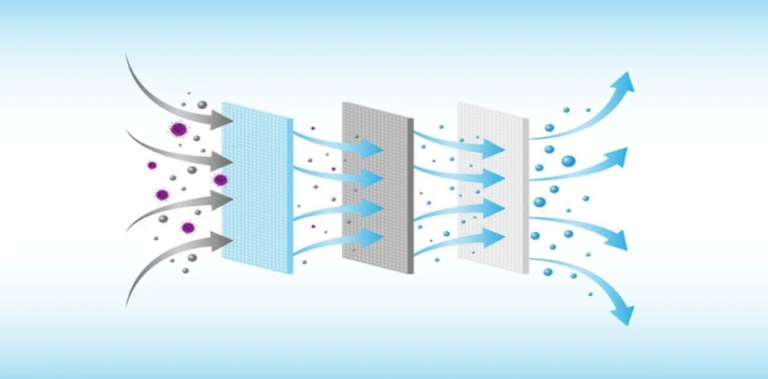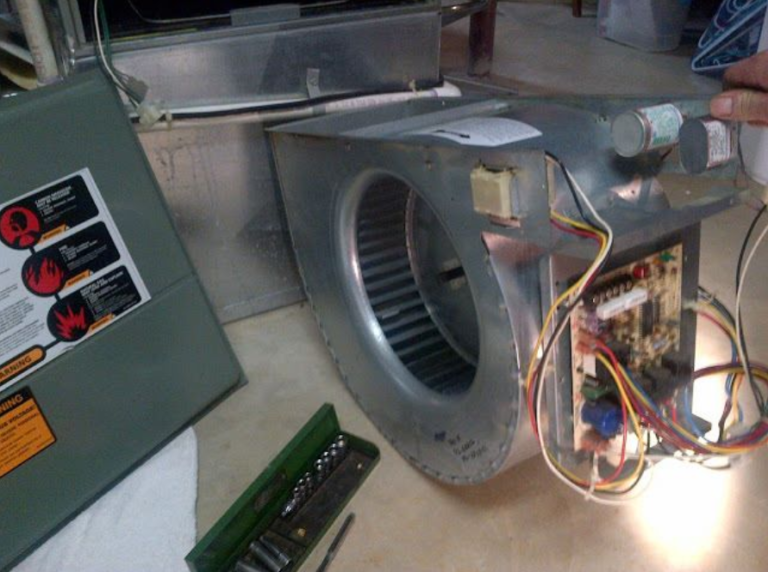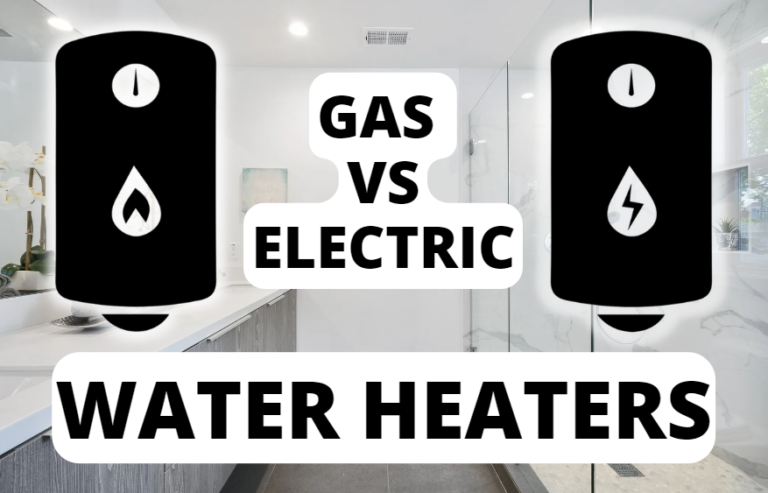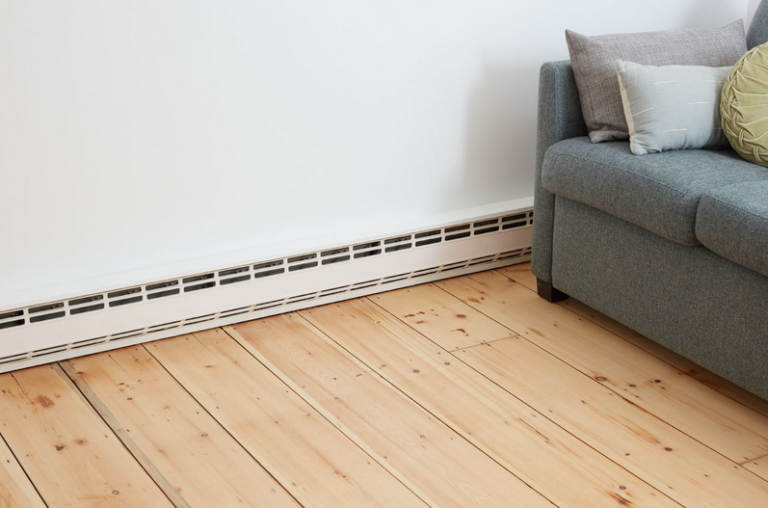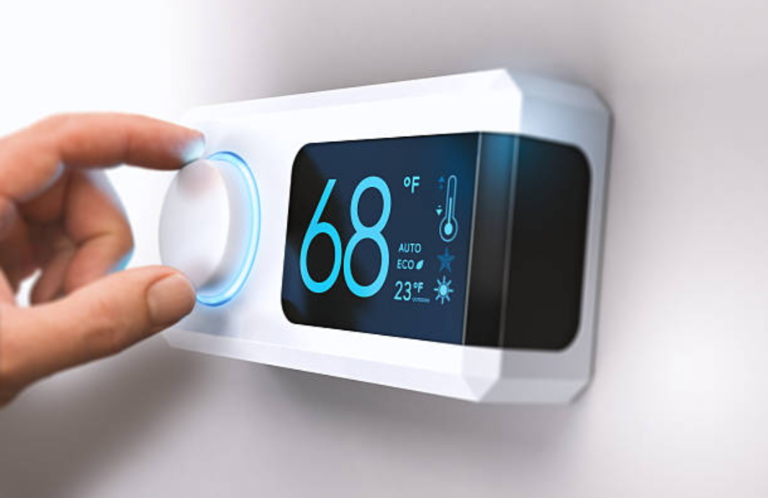8 Reasons your Air Conditioner Won’t Cool Below 75 °F (AC Not Reaching Set Temperature)
If your air conditioner won’t cool below 75 °F, there are a few possible causes. The most common cause is a clogged filter. A clogged filter can restrict airflow and prevent the air conditioner from cooling the home. Other potential causes include a faulty thermostat, a problem with the compress or, in some cases, low refrigerant levels.
But let’s dive deeper into this topic:
8 Reasons your Air Conditioner Won’t Cool Below 75 °F (AC Not Reaching Set Temperature)
1. Check your thermostat
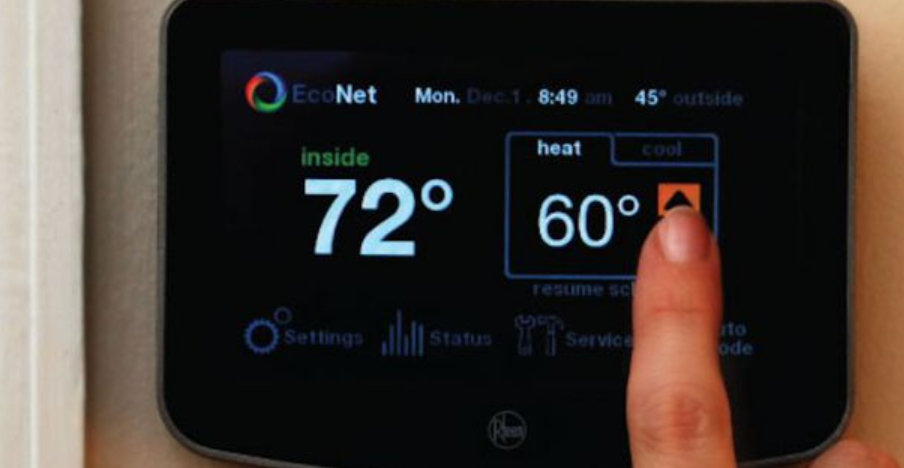
One of the most common reasons an air conditioner won’t cool below 75 degrees is because the thermostat is set too high.
The first thing you should do if your AC unit isn’t cooling your home as much as it should is to check and see what the temperature is set at on your thermostat.
If it’s set too high, simply lower it to your desired temperature and see if that solves the problem.
2. Check for improper sizing
In some cases, an air conditioner won’t reach the temperature you have it set at because it’s not properly sized for your home. An undersized AC unit will struggle to cool down a large space because it doesn’t have enough power to do so effectively.
So, if you think that improper sizing may be causing issues with your AC unit, you should call a professional HVAC contractor to come out and take a look at things for you so they can recommend the right size unit for your home.
3. Check for refrigerant leaks
Another potential reason why your AC unit isn’t cooling properly is because it could be low on refrigerant. Refrigerant is what helps cool down the air inside your home, so if there’s a leak, it can cause your AC unit to not work as well as it should.
You may be able to spot a refrigerant leak by looking for frost or ice on your AC unit’s coils. If you think you have a refrigerant leak, it’s best to call a professional AC repair technician to fix it.
Related post: 10 Reasons Why Your Heat Pump Is Leaking
4. Check for a dirty condenser coil
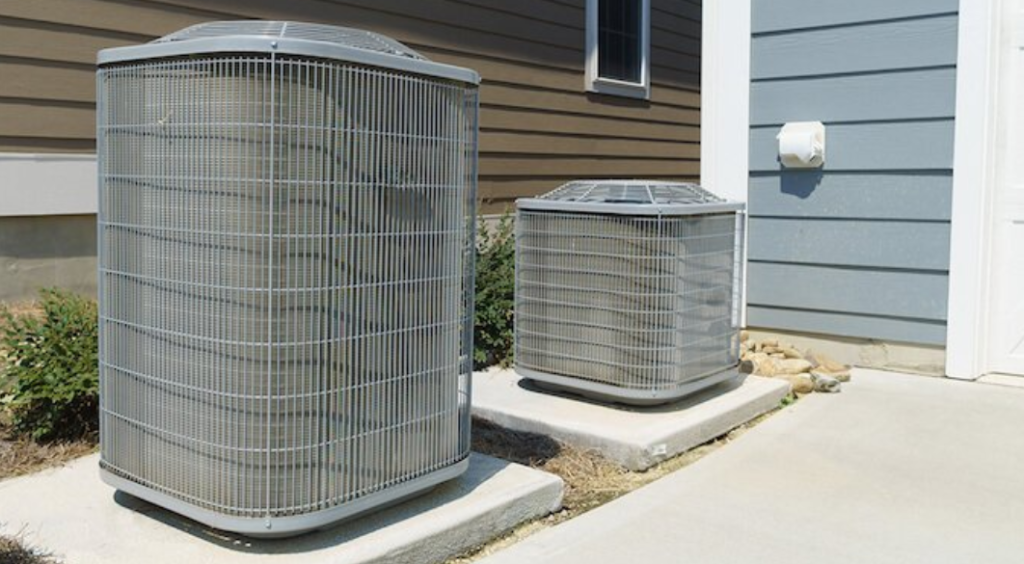
The condenser coil is responsible for dissipating heat from the refrigerant inside your AC unit. If this coil becomes dirty, it can cause your AC unit to not work as efficiently as it should.
You can clean the condenser coil yourself with a brush or hose, or you can hire a professional to do it for you.
5. Check for a faulty compressor
The compressor is one of the most important parts of an AC unit, and if it’s not working properly, it can prevent your AC from cooling correctly.
A faulty compressor can be caused by many different things, such as:
Overheating
One potential cause of a faulty compressor is overheating. If the compressor overheats, it can cause it to shut down or work less efficiently. You can prevent this by making sure there’s proper ventilation around the compressor and keeping the area around it clear of debris.
Low refrigerant
Another potential cause of a faulty compressor is low refrigerant levels. As we mentioned before, refrigerant helps cool down the air inside your home, so if there’s not enough of it, the compressor can overheat trying to compensate.
This is why it’s important to check for leaks and make sure there’s enough refrigerant in your AC unit at all times.
Faulty wiring
In some cases, a faulty compressor can be caused by faulty wiring. This is usually only the case if you have an older AC unit that hasn’t been updated in a while.
If you suspect that faulty wiring may be causing problems with your compressor, you should call a professional AC repair technician to take a look at it and fix any issues.
6. Check for a frozen evaporator coil
The evaporator coil is responsible for absorbing heat from the air inside your home so that it can be cooled down by the refrigerant inside the AC unit.
If this coil freezes over, it can prevent proper cooling from taking place and cause your AC unit to struggle reaching the temperature you have it set at.
There are a few things that can cause an evaporator coil to freeze over, such as:
Dirty air filter
A dirty air filter can restrict airflow and cause the evaporator coil to freeze over time. This is why it’s important to check and clean your air filters regularly (about once a month).
Low refrigerant
Just like with the condenser coil, low refrigerant levels can cause an evaporator coil to freeze over time because there’s not enough refrigerant to absorb all the heat from the air inside your home. This is why checking for leaks and making sure there’s enough refrigerant in your system is so important!
7. Check for a blocked drain line
The drain line helps remove water from the evaporator coil so that it doesn’t freeze over or become damaged. If this line becomes blocked, water can back up into the evaporator coil and cause it to freeze over or become damaged itself.
You can clear a blocked drain line yourself with some basic household supplies, or you can hire a professional to do it for you if you’re not comfortable doing it yourself.
8. Check for airflow issues
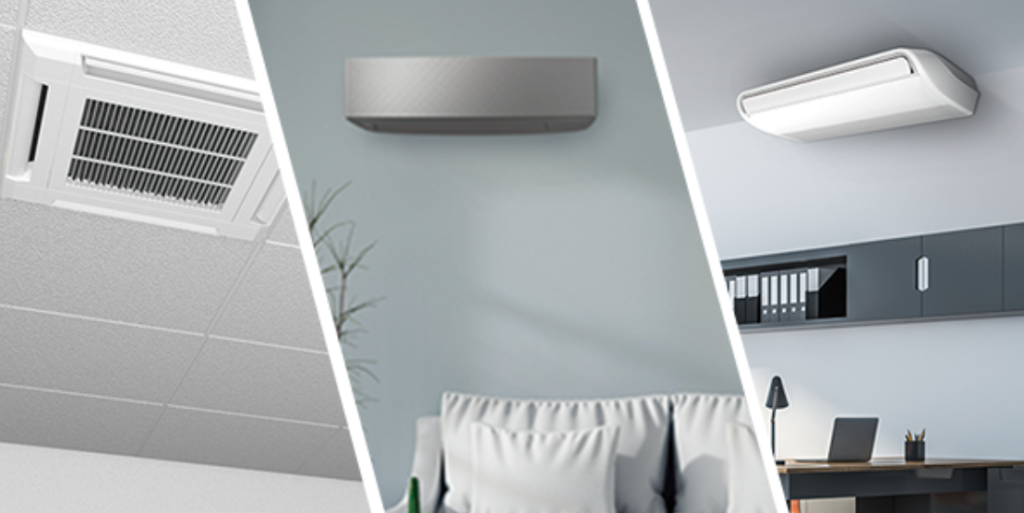
Another potential reason why your air conditioner isn’t reaching the temperature you have it set for could be due to airflow issues.
If there is restricted airflow in your home, this can prevent your AC unit from being able to adequately cool down the space. There are a few things that could cause restricted airflow, such as:
Dirty air filters
This is one of the most common causes of restricted airflow. If your air filter is clogged with dust and dirt, it will restrict the amount of air that can flow through your AC unit. You should check and clean your air filters regularly (about once a month) to prevent them from getting too dirty and causing airflow issues.
Closed vents
Another potential cause of restricted airflow is closed vents. If you have any vents in your home that are closed, this can block airflow and prevent your AC unit from cooling properly. Make sure all the vents in your home are open to allow adequate airflow.
Obstructed ductwork
In some cases, restricted airflow can be caused by obstructed or leaky ductwork. If there are any kinks or holes in your ductwork, this can cause airflow to be restricted. You may need to hire a professional to inspect and repair your ductwork if this is the case.

